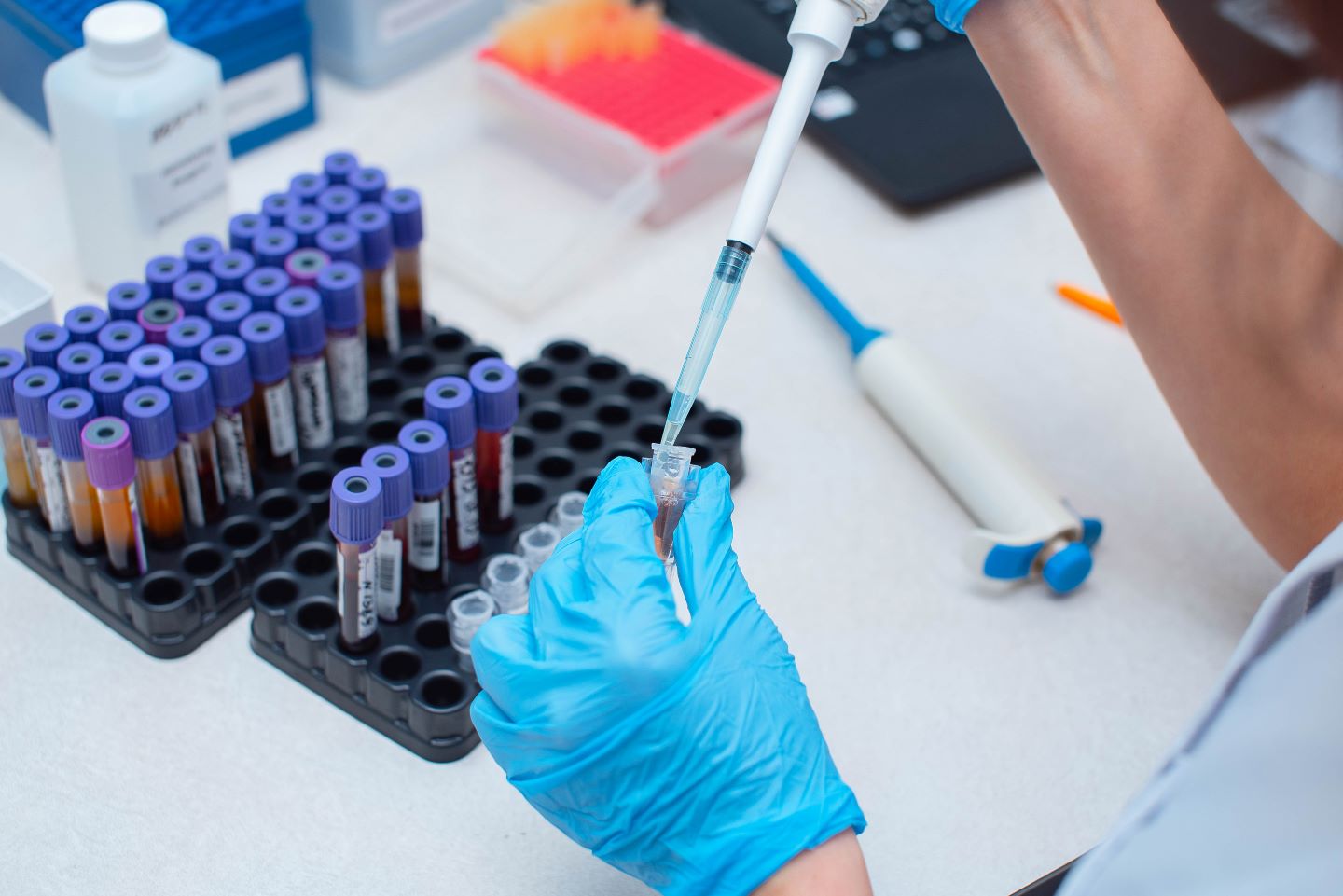
On 10 July, US-based biotech Iovance Biotherapeutics announced it had received positive feedback from the FDA during a Type B Pre-Phase lll meeting. The company believes that the design of its Phase ll IOV-LUN-202 study evaluating tumour-infiltrating lymphocyte (TIL) therapy LN-145 in patients with advanced non-small cell lung cancer (NSCLC) may be acceptable for accelerated approval. Based on the encouraging comments from the agency, Iovance revealed preliminary analysis from the patients who received LN-145.
Early data from 23 NSCLC patients treated with LN-145 who progressed on or after chemotherapy and anti-PD1 therapy and lacked EGFR, ROS, or ALK genetic mutations, or who had alternative tumour mutations and received targeted therapy, were analysed. As of the July 3 data cut-off, the single-arm registrational study observed an objective response rate of 26.1%, with one complete response and five partial responses, and a disease control rate of 82.6%. A median duration of response has not yet been reached, but a range of 1.4+ months to 9.7+ months has been observed. Adverse events are consistent with underlying disease and profiles of non-myeloablative lymphodepletion and interleukin-2. The company intends to enrol around 120 patients in the trial and expects to complete enrollment by the second half of 2024. Later this year, Iovance plans to meet with the agency to discuss a randomised confirmatory trial for front-line NSCLC patients that it expects to commence prior to receiving accelerated approval for post-anti-PD-1 NSCLC.
According to GlobalData’s analyst consensus forecast, global sales for LN-145 will reach $889m by 2029. The therapy is currently being evaluated in Phase ll studies for a host of indications such as relapsed or refractory ovarian cancer, triple-negative breast cancer, thyroid cancer, and other bone or soft tissue sarcomas. The company also provided an update on its biologics licence application for its TIL candidate Lifileucel treating patients with advanced melanoma: the application is in priority review and a decision will be made by November. The treatment will yield over $250m by 2029 in melanoma alone according to GlobalData’s patient-based forecast. It has been an uphill battle for the leading TIL therapy company but the latest news is promising that approval is on the horizon.
